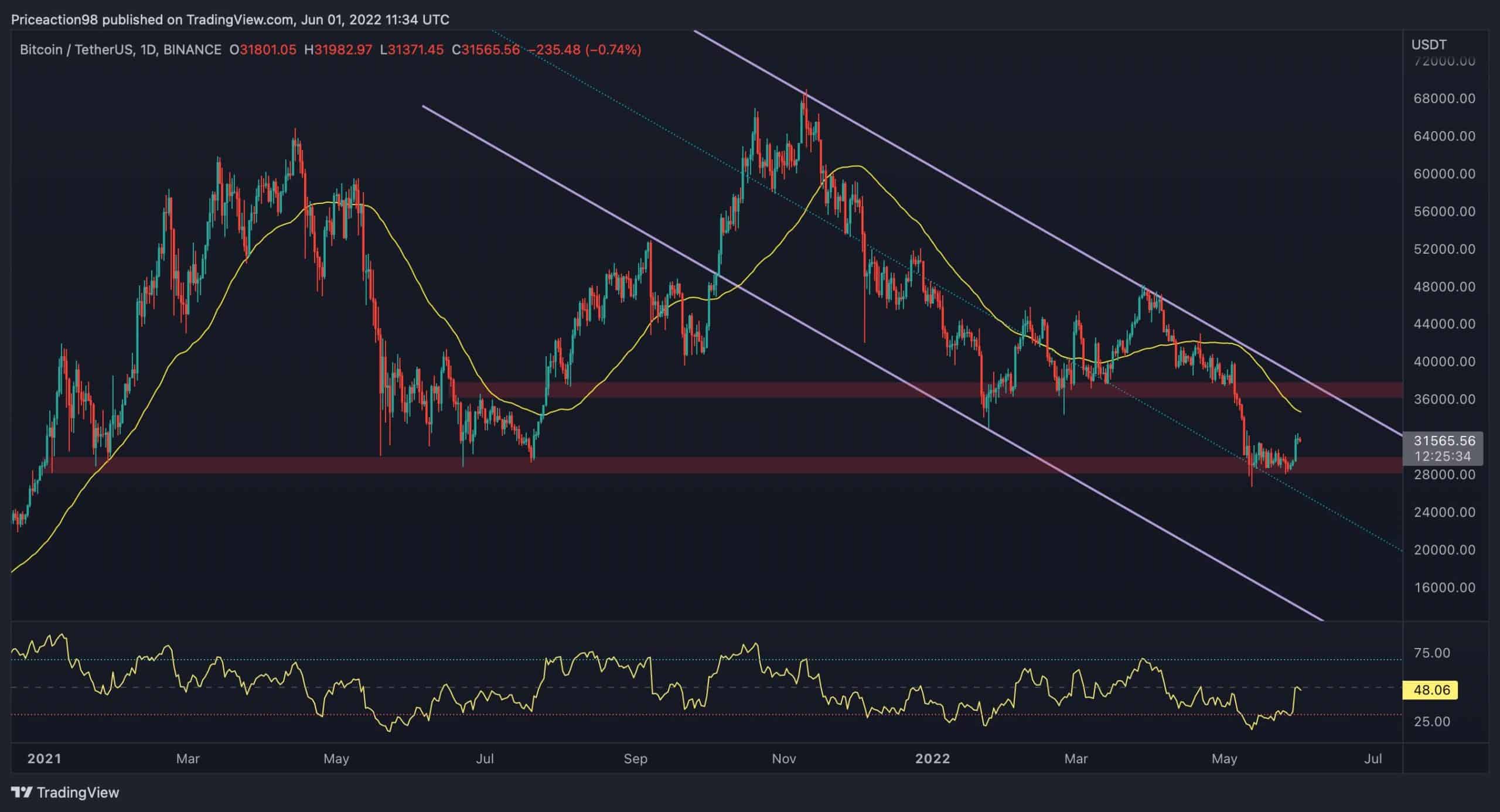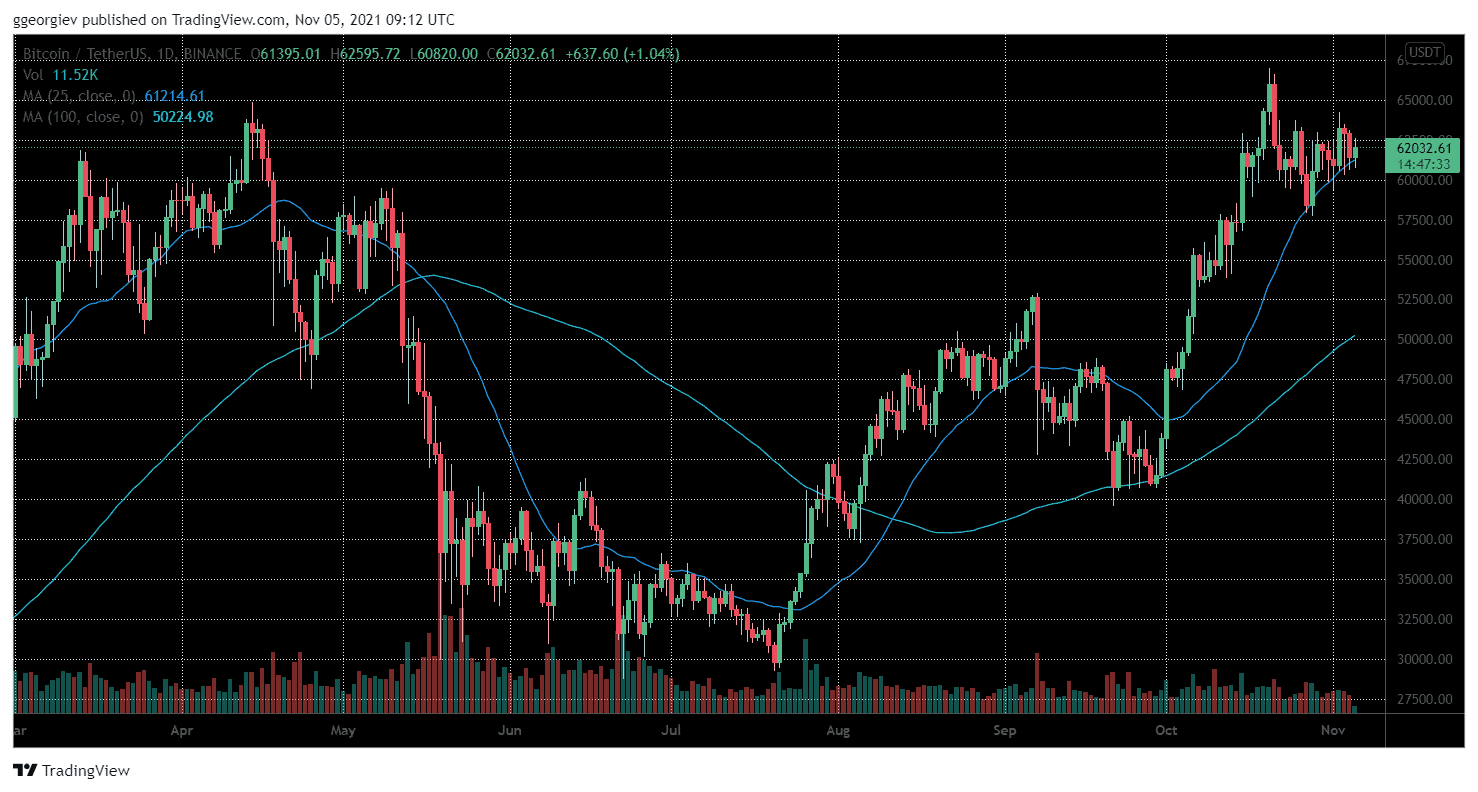Introducing FileValidator: Timestamping Digital Files With VIDT DAO-Powered Blockchain Technology
File validation and verification have become an integral and critical component of the cryptocurrency industry and beyond.
Specific to the field of blockchain, which is still quite nascent, the topic of cyber security has become quite hot in the past years. The number of cyber attacks, phishing scams, and other forms of digital fraud has increased tremendously.
Just for context, in March 2023, there have been over 26 (documented) attacks, which resulted in over $211 million of compromised funds. There’s been a growing trend in this regard, and it’s getting more concerning as time goes on.
Compromised digital files remain one of the focal points for regular users, which commonly result in a loss of funds or tampered information.
With that in mind, FileValidator is introducing an innovative solution for validating digital files. It’s an advanced file verification tool that’s designed to guarantee their authenticity and integrity.
FileValidator: How Is It Different?
We’ve already established the pressure points of the digital space, and it’s important to see how FileValidator addresses them.
Digital documents are very easy to fake with the use of various tools, including AI-based solutions. FileValidator delivers a seamless way to validate them. It also takes advantage of VIDT’s blockchain technology, which ensures that once a file is verified, its integrity will remain untampered and intact. This could provide peace of mind to users.
How Does it Work?
To make things crystal-clear for users, FileValidator works in a relatively easy way. In three simple steps, people can verify the fingerprint of their files.

First, they would have to select a file and drag it into the platform. These can be images, videos, PDFs, and other file formats.
Once this is done, FileValidator will process the file locally in-browser and create a unique digital fingerprint. That’s referred to as a hash. This hash is then recorded on the VIDT blockchain.
After this, users are able to access the verified file at any time and double-check its authenticity by comparing its current fingerprint with the one that’s stored on the network. If they match, the file is validated.
The platform can be used to verify a number of files. Some of them include, but are not limited to:
- All image files
- Audio files
- Zip files
- Install files
- Software packages
- Database backups
- Excel, Word, and PDF files
FileValidator has launched its Open Beta today and is now available for everyone to test it out. All you need is an ERC20 wallet and at least 1 VIDT token that’s required for the transfer of the created hash into the blockchain.
You can also find out more about the project on their official Twitter account, as well as that of VIDT DAO.
The post Introducing FileValidator: Timestamping Digital Files With VIDT DAO-Powered Blockchain Technology appeared first on CryptoPotato.









